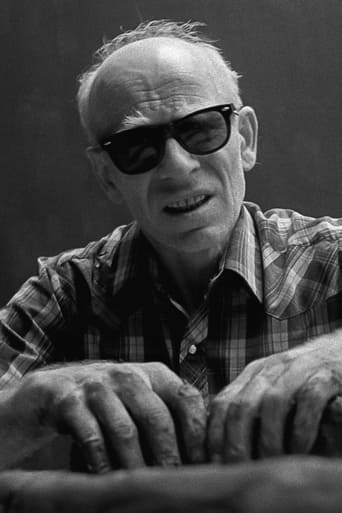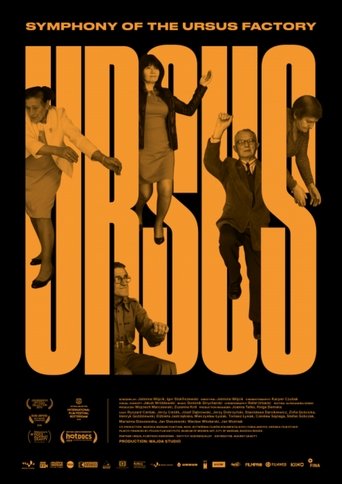Studio Filmowe Kronika
Silence, Darkness 1999
The film was made at the Polish Sculpture Center in Oransko, during sculpture workshops for deaf-blind people. The camera shows the process of creation, which is closely connected with getting to know oneself. It is accompanied by hesitation, anger and joy.
Thou Shalt Not Kill 1991
Józef Gębski's film is a documentary reconstruction of the crime committed by NKVD officers against Polish officers imprisoned in Starobielsk and Kharkov in 1940. Accounts of historians and prosecutors are juxtaposed with the testimony of the then heads of the central and regional NKVD board.
Pokolenia 2017
The history of Poland told through fragments of movies produced by Wytwórnia Filmów Fabularnych.
Birthplace 1992
Henryk Greenberg is a Polish-born American who lost much of his family in the Holocaust. Certain of the location where his father and younger brother were murdered, Greenberg returns to find most of his former neighbors predictably claiming foggy memories at first; but soon their recollections come more easily.
Bratříček Karel 2016
In the Shadow of the Palace 1991
Russians working at the bazaar near the Palace of Culture and Science in Warsaw talk about their everyday life.
Symphony of the Ursus Factory 2019
The Ursus factory once covered 170 hectares and employed 20,000 workers, producing 100 tractors a day. Now, its buildings stand derelict and empty; half have already been demolished by investors with new plans. The symphony of mechanical sounds and gestures that is gradually built up throughout the film is produced by former factory employees. Proud of their factory, they reminisce about the huge numbers of people and the parties they had. They were a community, passionate about supporting agriculture through their factory. The Ursus tractor was well-known, not only in Poland but throughout the world.
Trwoga 1993
Powrót do Heimkehr 2012
Gadające głowy II 2004
Siberian Lesson 2003
The first documentary by Wojciech Staroń. He just finished film school, his wife Małgosia just became a teacher. The year is 1997. They decide to go for a year deep into Siberia: she’ll teach Polish, he’ll shoot a film. And this is that beautiful film, narrated in the first person by Małgosia as she meets all sorts of colorful characters and reflects upon reality with her beautiful, monotone voice, seeing the good in people individually and collectively. This is also about her transformation in this travel undertaken in the centuries-old fashion of the observer who, by observing others, observes herself.
Zawsze wierni 1994
The Choice of Poland 1991
A documentary about the election campaign and the first free elections in Poland in 1990. The filmmakers look behind the scenes of the political game. They present candidates during meetings with voters, document meetings of election staffs and listen to the ‘voice of the street’.
The Happy Life of Benedykt Jerzy Dorys 1990
Made just before the protagonist's death, Maria Kwiatkowska's film is a documentary portrait of one of the most outstanding Polish fashion and portrait photographers, Benedykt Jerzy Dorys. The co-founder of the Union of Polish Art Photographers talks about his artistic path and his personal life.
The Smoke Only 1990
A documentary tackling the problem of air pollution in Walbrzych. The film shows the effects of excessive and ill-considered industrialization of the region: the sky covered with smoke, mining waste heaps piling up, burnt buildings, and, above all, the residents exposed to smog from an early age.






